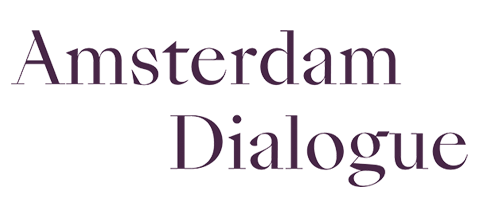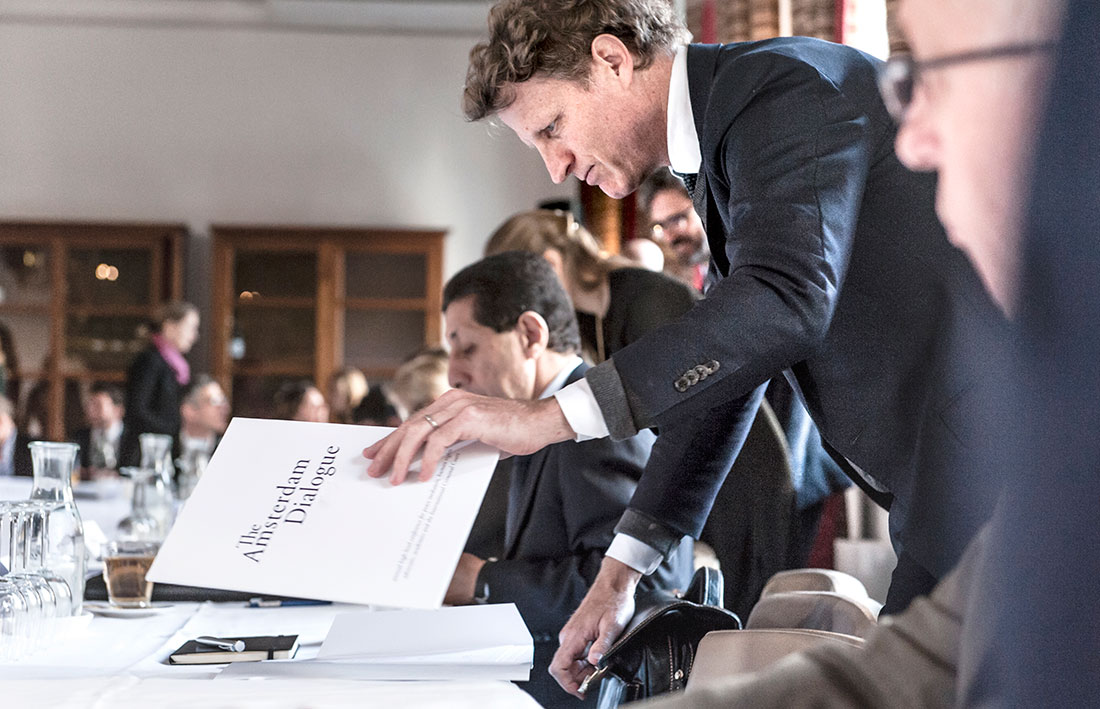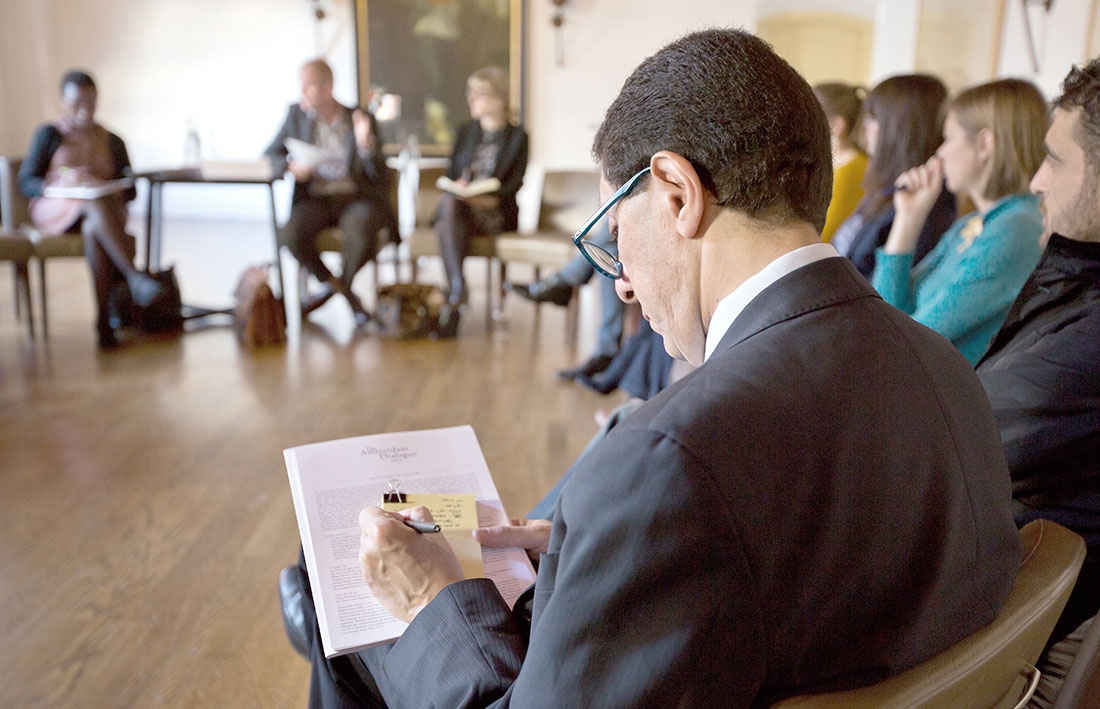In exploring new and emerging areas of international peace and justice, participants examined new types of conflicts and increasing complexities in lines of command and control. In this regard, participants explored the increased blurring of state lines as the number of intra-state conflicts rises, the fracturing of alliances and internal divisions within groups, proxy warfare, as well as the increase in extreme violence and the blurring of politico-ideological motivation and criminal agendas in gang warfare. In addressing violent extremism, participants argued that the security-centric approach often used to tackle this issue only furthers violence, increases grievances and does not address the underlying causes. In exploring gang warfare, participants debated whether such actors should be treated as “regular” criminals or as an armed insurgency, and how this classification affects means of engagement. Despite divisions over whether negotiating with criminal groups is justified, it was notable through the course of the conference that it is now more acceptable to engage with a broader range of groups, including extreme violent groups.
Another development that the Amsterdam Dialogue 2016 looked at was the increased number of situations where we are dealing with neither peace nor justice. In many of these cases, official state or UN-led processes are at an impasse. In response to this, we have seen the emergence and increased role that unofficial actors are playing in the field of international peace and justice. Although unofficial mediators have been working in support of official peace processes for some time, the creation of unofficial justice initiatives is a new development. In Syria, participants explored the work of the Commission for International Justice and Accountability (CIJA). In the absence of an international justice mechanism, due to the inability of the Security Council and the International Criminal Court to act, CIJA is working with Syrians to gather evidence of serious crimes committed by regime forces and armed groups whilst the conflict is ongoing. Although justice appears to be a distant reality in Syria, and many other places, efforts such as this keep justice on the table and increase the likelihood that it will be addressed in the future.
Finally, a topic prevalent in almost all panels was the influence of regional and major powers on peace and stability. The need for these actors to play a more strategic role in stabilising a country, rather than undermining ongoing peace processes and furthering tensions, was stressed. This was felt to be an issue in Yemen, where Saudi Arabia and Iran continue to subvert progress, and in Syria, where Russia continues to block the Security Council’s endeavours to halt the fighting. Aside from stymieing peace, participants also pointed to the challenges that the involvement of these actors has for accountability, where these external actors are often not party to the reconciliation process.
Agenda day 1, Monday 10 October. West-Indisch Huis, Amsterdam
12:30 – 13:30 Tea, coffee & light lunch
13:30 – 14:00 Welcome by Ram Manikkalingam (Director, Dialogue Advisory Group)
Opening remarks
- Fleur Ravensbergen (Assistant Director, Dialogue Advisory Group)
- Richard Dicker (Director, International Justice Program, Human Rights Watch)
14:00 – 16:00 Plenary session: Q&A with the ICC Prosecutor
- Fatou Bensouda (Prosecutor, International Criminal Court)
- Moderator: David Petrasek (Associate Professor, University of Ottawa & Consultant, Dialogue Advisory Group)
16:00 – 16:30 Tea & coffee
16:30 – 18:00 Plenary session: Libya
- Elham Saudi (Director, Lawyers for Justice in Libya)
- Mary Fitzgerald (Independent researcher on Libya)
- Ousama Assed (Director, Libyan Center for Strategic and Future Studies)
- Moderator: Juan Garrigues (Special Advisor, Dialogue Advisory Group)
18:00 Reception & dinner
Agenda day 2, Tuesday 11 October
08:30 – 08:45 Arrival
08:45 – 10:15 Parallel break-out sessions
Yemen
- Kenny Gluck (Director, Office of the UN Special Envoy for Yemen)
- Husam Al-Sharjabi (Independent Advisor)
- Moderator: Michele Sison (US Deputy Representative to the UN)
Mediation and criminal violence
- Hugo van den Eertwegh (Security and Crisis Management Advisor, ICRC)
- Carlos Dada (Journalist and Founder, El Faro)
- Moderator: Álvaro de Soto (Visiting Professor, Sciences Po)
10:15 – 10:45 Tea & coffee
10:45 – 12:15 Parallel break-out sessions
Afghanistan
- Michael Honigstein (Foreign Service Officer, US Department of State)
- Bakhtar Aminzay (President, Afghanistan National Peace Jirga)
- Moderator: Leoni Cuelenaere (Ambassador of the Netherlands to Bangladesh)
Burundi
- Carine Kaneza Nantulya (Spokesperson, Women and Girls Movement for Peace and Security in Burundi)
- Scott Campbell (Africa Section Chief, UN Office of the High Commissioner for Human Rights)
- Moderator: Vlad Corbu (Programme Manager, Dialogue Advisory Group)
12:15 – 13:45 Lunch with Colombian Ambassador Juan José Quintana (Ambassador of Colombia to the Netherlands)
13:45 – 15:15 Parallel break-out sessions
Engaging violent extremism in the Middle East
- Richard Atwood (Director of Multilateral Affairs and Head of New York Office, International Crisis Group)
- Hesham Youssef (Assistant Secretary-General, Organization of Islamic Cooperation)
- Ram Manikkalingam (Director, Dialogue Advisory Group)
Pursuing justice in Syria
- Chris Engels (Deputy Director, Commission for International Justice and Accountability)
- Richard Dicker (Director, International Justice Program, Human Rights Watch)
- Moderator: Priscilla Hayner (independent writer and consultant)
15:15 – 15:45 Tea & coffee
15:45 – 16:45 Conclusions
- Fleur Ravensbergen (Assistant Director, Dialogue Advisory Group)
- Richard Dicker (Director, International Justice Program, Human Rights Watch)
Thanks and closing remarks by Ram Manikkalingam (Director, Dialogue Advisory Group)




